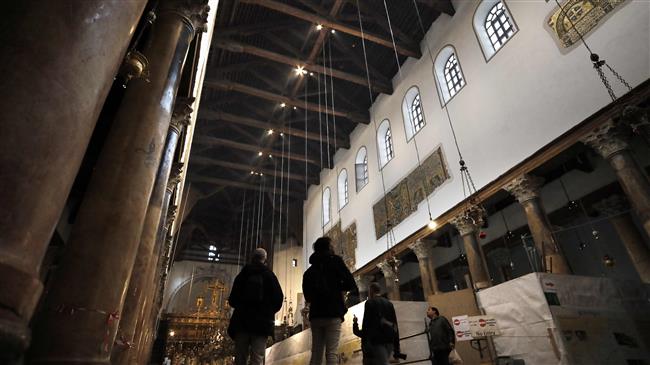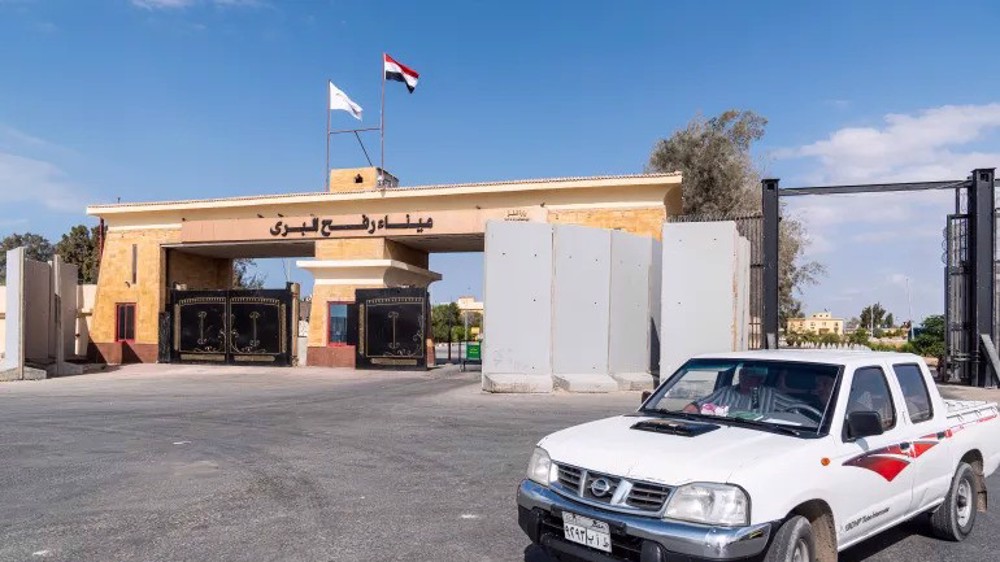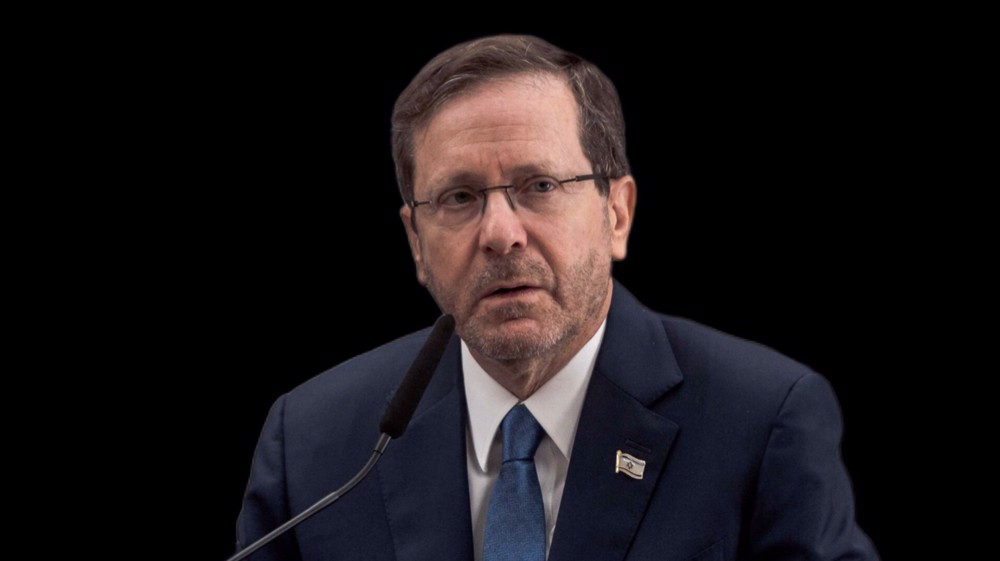Israel bans entry of Gazan Christians to West Bank for Easter
Israel has refused to issue travel permits for members of the small Christian community living in the Gaza Strip to visit East Jerusalem al-Quds and the West Bank for Easter celebrations.
Israeli authorities denied travel permits for hundreds of those Palestinian Christians hoping to visit the Church of Nativity in Bethlehem City and the Church of the Holy Sepulcher in East Jerusalem al-Quds, the Palestinian Ma’an news agency reported on Sunday.
Prominent Christians in Gaza had said on Saturday that no permits had been issued until then.
George Anton, a prominent Catholic Gaza activist, said Catholics in Gaza were “upset” and “disappointed” at not having received permits.
“We don’t see any reason to refuse our permits,” The Guardian quoted Anton as saying.
The Israeli military last week announced it would let only 200 Christians aged 55 and older for Easter — which is celebrated by Catholics on Sunday and Orthodox Christians the following week — to travel to Jordan without stopping in Jerusalem al-Quds.
The Tel Aviv regime’s decision sparked protests, including by the Israeli human rights group Gisha, which called it “a further violation of Palestinians’ fundamental rights to freedom of movement, religious freedom and family life.”
In the past, many — though not all — members of Gaza’s 1,100-strong Christian minority had sometimes been granted exit permits to Jerusalem al-Quds and the West Bank for worship and to visit relatives at Easter and Christmas.
According to a February 2018 report issued by the Palestinian Central Bureau of Statistics (PCBS), about 1,138 Palestinian Christians live in Gaza, with many of them having family members in the West Bank.
With the travel ban, the Palestinian Christians in Gaza would celebrate Easter in a church in Gaza City.
The Gaza Strip has been under an Israeli siege since June 2007. Palestinians in Gaza have held weekly rallies to demand the right to return for those driven out of their homeland and an end to the Israeli siege on the enclave.
The Israeli-occupied East Jerusalem al-Quds houses major Muslim, Jewish, and Christian holy sites, and Palestinians seek it as a future capital.
Leader’s advisor warns of ‘deep’ retaliatory strikes into occupied territories
US Department of Justice releases millions of Epstein files, then pulls pages citing ‘rape’ by Trump
VIDEO | EU blacklists anti-terror organization
VIDEO | 44th Fajr Theater Festival underway in Tehran
VIDEO | Press TV's news headlines
VIDEO | Oil workers' march in support of reform of Venezuela's main oil law
VIDEO | Malaysians hold rally in front of Iranian embassy to condemn US, Israel threats
Israel to partially reopen Rafah border crossing after long closure











 This makes it easy to access the Press TV website
This makes it easy to access the Press TV website